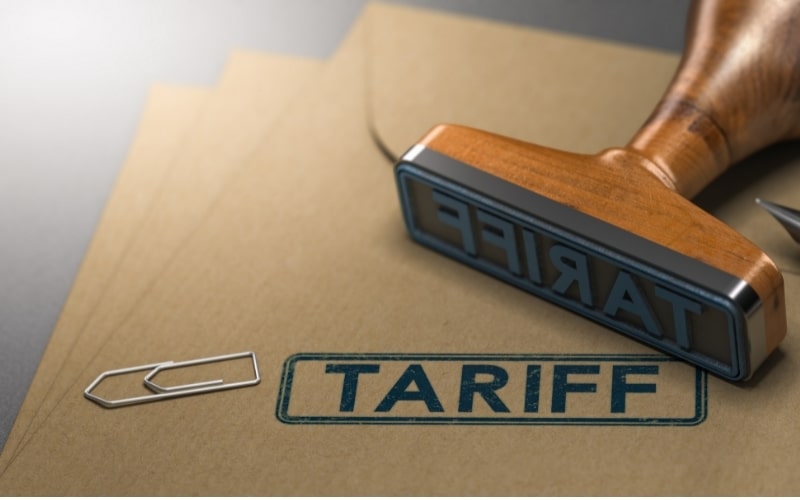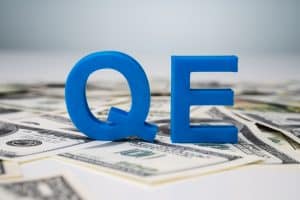One of the components of economic growth is net export. This makes exporting industries a huge priority for countries that look to have sustainable economic growth. As a result, each country tries its best to gain a slight edge over its competitors.
Although, in theory, competition will lead to innovations, some countries employ controversial trade strategies. To combat this and protect their own economy, governments could levy a tariff on certain goods of selected countries.
Definition
A tariff is a tax imposed by one country on another country’s goods and services upon imports. The primary purpose of a tariff is to add a barrier to the exporting country. This barrier can stem from a political issue or the desire to protect the local industry and employment. Prices of imports will increase, making them less attractive to domestic consumers. The two types of tariffs are: specific and ad-valorem.
The former is a fixed amount on each imported item, whilst the latter operates like a VAT tax where it adds a percentage over the total monetary value of imports.
Benefits
One of the main purposes of a tariff is to protect domestic firms and discourage consumers from consuming imported goods. This could result in increased economic growth for the country. However, if two countries are having conflict, either economic or political, this could be a weapon used to weaken the opposing country by attacking their economy.
Costs
As mentioned above, a tariff can be used as a weapon. Therefore, it could trigger and accelerate conflict between countries leading to economic or physical wars. The tariffed goods will have a higher market price in the country. Consumers will lose surplus, and firms will lose their competition. As a result, the industry might be inefficient.
A country will also have to spread out its resources to produce the goods that they used to import. This might mean they will not benefit from specialization and focus less on their strong exporting industries.
Conclusion
Tariffs are the equivalent of import taxes. It is a trade policy employed to protect domestic firms and weaken the other country’s exporting power. Nevertheless, the country levying the tariff might have to deal with higher prices and inefficient production due to the reduced competition.



